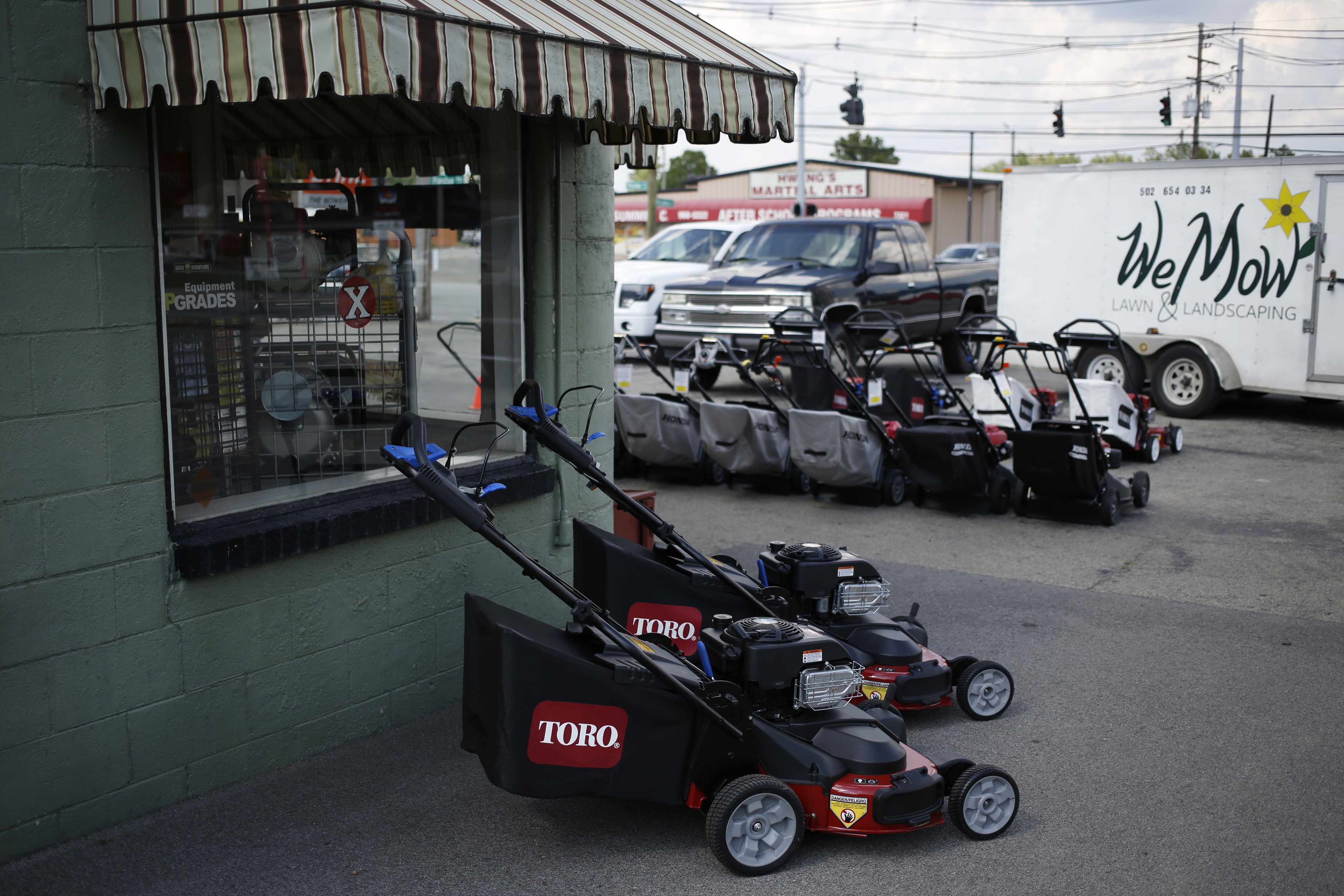The Lawn Mower Wars Are Coming To America This Spring
More cities and states in America are interested in scaling back gas-powered lawn care during "No Mow May."
In 2021, California proposed a ban on the sale of new small off-road engines, such as those in lawn mowers and gasoline-powered generators. The ban goes into effect next year, and more states and cities are now proposing similar bans. Boston, New York City, even Dallas want to scale back the use of gas-powered engines for lawn care, and now that the Spring is around the corner, the lawn mower wars are also coming to the U.S., according to Axios.
In case you missed it:
-
Ford's 10-Speed Transmission at the Center of Another Class-Action Lawsuit
-
A Sam's Club Had Diesel in the Gas Holding Tanks and it Went as Badly as You'd Expect
There are reportedly campaigns on both sides of the issue, which is made of rival factions arguing for and against the frequent and meticulous care of lawns in America. One side says that a "perfectly manicured green lawn" is essential, not only in a cultural sense but, also, for the sake of property values and to increase "curb appeal." Think of the platonic ideal of the American home, sitting proudly behind a white picket fence and an artificially flawless front lawn.
But the other side argues that the need for frequent and meticulous lawn care is harmful to the environment. In some cases, small engines like those in mowers and leaf blowers (obligatory link) can pollute as much as passenger vehicles, so curbing their use can have a greater effect than commonly believed.
Movements such as "No Mow May" are now becoming popular enough that some towns will not issue citations this month to homeowners who let their lawns grow wild. But Axios warns that despite some towns not handing out fines in May, homeowner's associations and neighbors will likely still frown upon (and fine) proponents of the "No Mow" or "Low Mow" movements.
The issues go beyond emissions or pollution, however, since meticulous lawn care involves frequent watering, which can exacerbate droughts, while also harming biodiversity. Per Axios, "studies have shown that cutting the grass every two weeks (or less) is great for bees, which thrive on dandelions and clover." Bees have had a rough time lately, but reducing the frequency of mowing one's lawn is reportedly "more conducive" to both bees and butterflies.
The two warring factions can't seem to agree on what's more important, and the climate debate seems to have now reached America's front lawns. As with most things, the answer could be in the golden mean, which Aristotle loved to go on and on about. There's an intermediate state that could help us all win the lawn mower wars by letting lawns grow longer, but not too long.
This is being called the "lazy lawnmower approach," which still carries some negative connotation, but is reportedly a happy medium between weekly trims and monthly lawn mowing. Susannah Lerman, a research ecologist with the USDA Forest Service, says that mowing every two to three weeks is optimal.


